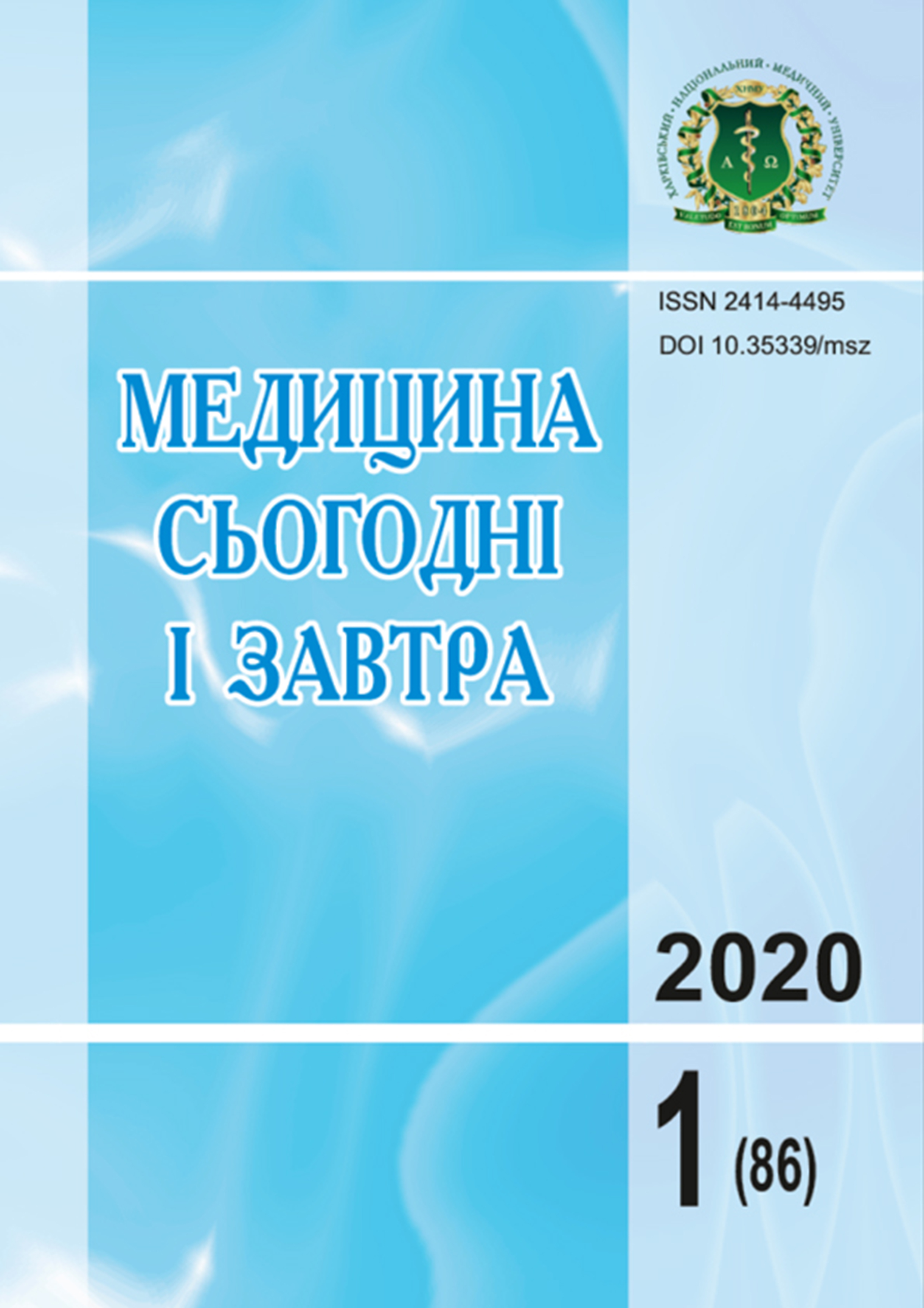Abstract
Transplantation of mesenchymal cells is a perspective paradigm for treatment of stroke. However, after intravenous injection most infusion cells get in filter organs, such as lungs. Experimental model of cerebral ischemia with transplantation of mesenchymal cells in a carotid was developed. Experiments on 15 animals conducted on by the females of crawls in age 12-36 weeks weighing 4-6 kg. The general and internal carotid arteries were projected under local and intravenous anesthesia. General carotid artery was ligated and mesenchymal stem cells were injected. The population of the cages abstracted from a brain was folded on 96% from cages positive for by the markers of mesenchymal cells, and less than on 2% from hematopoietic cells and cells of endothelia, positive after corresponding markers. In 6 hour after introduction to the right internal carotid of mesenchymal cells, the histological encephaloscopy of crawls was executed for visualization of GFP-positive cages mark also the marker of lipophil of PKH26. In 6 hour after transplantation of cage distributed at a right hemisphere in area of bark and basale kernels (in the zone of blood supply of right internal carotid) and visualized along the midwall of cerebral vessels both in the zone of heart attack of brain and for peripheries. Experimental confinnation of that therapeutic activity of mesenchymal cells arises up during their system transplantation and delivery on an artery that supplies with blood the zone of ischemic damage of brain is first got.
Keywords: carotid arteries, mesenchymal stem cells, ischemic stroke.
References
Lappalainen, R. S., Narkilahti, S., Huhtala, T., Liimatainen, T., Suuronen, T., Narvanen, A. et al. (2008). The SPECT imaging shows the accumulation of neural progenitor cells into internal organs after systemic administration in middle cerebral artery occlusion rats. Neurosci. Lett., 440(3), 246-250. DOI: 10.1016/j.neulet.2008.05.090. PMID: 18572314.
Paraskevas, K. I., Veith, F. J., Spence, J. D. (2018). How to identify which patients with asymptomatic carotid stenosis could benefit from endarterectomy or stenting. Stroke Vase. Neurol., 3(2), 92-100. DOI: 10.1136/svn-2017-000129. PMID: 30022795. PMCID: PMC6047337.
Boitze, J., Arnold, A., Walczak, P, Jolkkonen, J., Cui, L., Wagner, D. C. (2015). The dark side of the force - constraints and complications of cell therapies for stroke. Front. Neurol., 6, 155. DOI: 10.3389/fneur.2015.00155. PMID: 26257702. PMCID: PMC4507146.
Nitzsche, F., Muller, C., Lukomska, B., Jolkkonen, J., Deten, A., Boitze, J. (2017). Concise review: MSC adhesion cascade-insights into homing and transendothelial migration. Stem Cells, 35(6), 1446-1460. DOI: 10.1002/stem.2614. PMID: 28316123.
Gauberti, M., Montagne, A., Marcos-Contreras, O. A., Le Behot, A., Maubert, E., Vivien, D. (2013). Ultra-sensitive molecular MRI of vascular cell adhesion molecule-1 reveals a dynamic inflammatory penumbra after strokes. Stroke, 44(7), 1988-1996. DOI: 10.1161/STROKEAHA.111.000544. PMID: 23743972.
Abbott, A. L., Nicolaides, A. N. (2015). Improving outcomes in patients with carotid stenosis: call for better research opportunities and standards. Stroke, 46(7), 7-8. DOI: 10.1161/STROKEAHA.114.007437, PMID: 25406149.
Maerz, J. K., Roncoroni, L. P., Goldeck, D., Abruzzese, T., Kalbacher, H., Rolauffs, B., et al. (2016). Bone marrow-derived mesenchymal stromal cells differ in their attachment to fibronectin-derived peptides from term placenta-derived mesenchymal stromal cells. Stem Cell Res. Ther., 7, 29. DOI: 10.1186/S13287-015-0243-6. PMID: 26869043. PMCID: PMC4751672.

